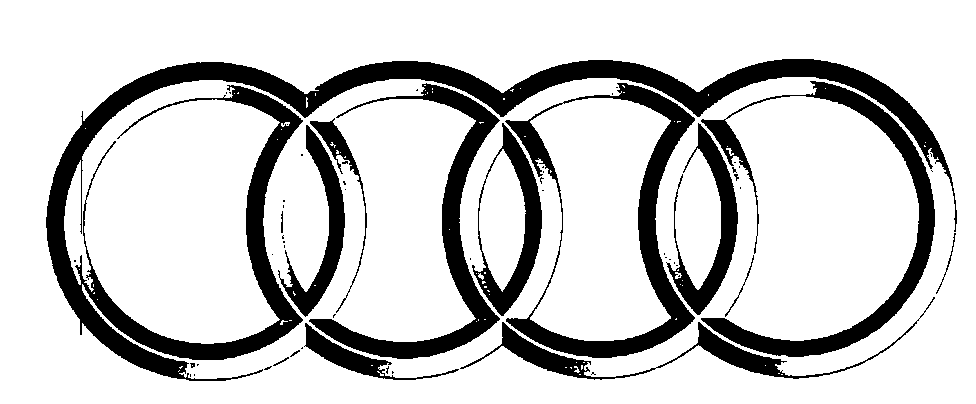On 18 May 2021, the Polish Supreme Court issued a much awaited ruling to resolve doubts concerning the national limitation period of non-pecuniary claims in trademark matters. The resolution was adopted in the context of an infringement case of the frontline EU trade mark (EUTM) owned by Audi AG (see below).

The Supreme Court’s resolution concerns notably national rules for a limitation period of injunction claims for infringements. The Supreme Court has resolved a legal issue in this resolution (see the court number of the resolution III CZP 30/20) which – in line with the procedural rules – has been referred to as a separate case for recommendation to the enlarged panel (see the case number of the referral III CZP 47/19). The legal question reads as follows:
“Are non-monetary claims, including a claim for prohibiting infringement of the right of protection for a European Union trade mark, necessarily barred by a five-year limitation period which starts on the first day on which the trade mark proprietor’s exclusive rights are infringed, even though the acts of the infringer were not one-off, but continuous (repeated) and continue at the time when the claim is made?”
The Polish Supreme Court ruled: If the infringement of an EU trade mark right is recurring and continues at the time of filing a non-monetary claim (including an injunction claim), the five-year limitation period runs from each day on which the infringement occurs.
The reasoning behind the resolution is not yet available (and may only be available within a few months).
Comment
Although the ‘Audi’ case concerned an EUTM infringement, the Supreme Court did not rule on acquiescence, but prescription rules under national law. There is no guidance from the CJEU as to whether national prescription rules can at all apply given that the EUTM has the institute of acquiescence as a statutory limitation. AG Trstenjak in her opinion on Budjovický Budvar vs. Anheuser-Busch observed that the legislature opted in favour of limitation as a result of acquiescence and, no doubt intentionally, against prescription (see Case C-482/09, para. 76). It seems not convincing to apply national rules of limitation to EUTM infringements, or at least to the injunctive relief. Only where there is nothing regulated can a national court in an EU trade mark case apply the procedural rules that would apply in the case of a national trade mark (Article 129(3) of Regulation 2017/1001). On a practical note, if there is a prescription after 5 years, even theoretically, arguably acquiescence becomes irrelevant. It seems to be opinion in Poland that national prescription rules do apply to EUTMs infringements.
In any event, the relevant date from which the period of limitation in consequence of acquiescence starts running is when the proprietor becomes aware of the use and registration of that trade mark (Art. 9 Directive 2015/2436, Art. 61 of Regulation 2017/1001; see also the judgment of the GC of 28.06.2012, Marchi Italiani Srl and Antonio Basile / OHIM – Osra SA, T-133/09, para. 33). However, when applying the national rules of prescription to EUTM infringements, the Supreme Court argues that in the case of continuous acts, the start of the limitation period should be calculated separately for each EUTM infringement.
So far, there has been a significant divergence of judicial practice on the issue of calculating the period of limitation of injunction claims resulting from recurrent or continuous infringement. Under Polish law, all trade mark infringement claims are 1) time barred after three years; the time bar starts to run from the day on which the trade mark right holder learns of the infringement and of the person who infringed, separately for each infringement; or 2) time-barred after five years from the date on which the infringement occurred (i.e. independently of any knowledge).
A uniform approach to calculating limitation periods for claims stemming from single, recurrent or continuous infringement is appreciated. However, so far there is no CJEU case law on whether national prescription rules apply to EUTMs infringements at all. Since the EUTM must be given uniform protection in the entire EU, the application of national prescription statutes leads to diverging levels of EUTM protection in different EU territories. It would be good and indeed important for legal certainty if a national court could bring this fundamental question before the CJEU rather than only engaging in discussions as to how exactly the national prescription rules are to be applied.
_____________________________
To make sure you do not miss out on regular updates from the Kluwer Trademark Blog, please subscribe here.


